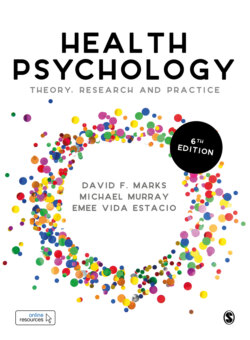Читать книгу Health Psychology - Michael Murray - Страница 46
На сайте Литреса книга снята с продажи.
3 Genetics, Epigenetics and Early Life Development
Оглавление‘Health will be defined as a function of gene–environmental homeostasis.’
Dover (2009)
‘The brain is an extraordinary organ showing high levels of epigenetic features.’
Delgado-Morales and Esteller (2017)
‘While undernutrition kills in early life, it also leads to a high risk of disease and death later in life. This double burden of malnutrition has common causes, inadequate foetal and infant and young child nutrition followed by exposure (including through marketing practices) to unhealthy energy dense nutrient poor foods and lack of physical activity. The window of opportunity lies from pre-pregnancy to around 24 months of a child’s age.’
United Nations System Standing Committee on Nutrition (2006)
Outline
The passage from the gametes to a fully functioning adult human involves a matrix of intricate, interacting genetic and environmental processes. All living organisms store genetic information using DNA and RNA, with different genes having their expression switched on or off by DNA methylation. Genetic processes lay down scripts that are edited by epigenetic processes that produce lifelong alterations in individual development, health and disease. Early life development is a formative and critical stage that requires nurturing care for optimal outcomes and maximum protection from sources of adversity.
The 1971 novel The Dice Man by Luke Rhinehart tells of a psychiatrist who decides to make life decisions based on the rolling of dice. The Dice Man is based on a reckless and scary conceit which, due to its subversive content, with issues such as rape, murder and sexual experimentation, led to the banning of the novel in several countries, no doubt increasing sales. It is alleged that the author wrote the book based on his experiences of using dice to make decisions while studying psychology. The cover bore the confident sub-heading: ‘Few novels can change your life. This one will.’ However, another, more profound truth does not feature in The Dice Man story. That is the fact that the most crucial ‘dice of life’ are cast long before we can say ‘ABC’ – the dice of biological determination and early life development (Figure 3.1), the topics of this chapter.
Figure 3.1 The ‘dice of life’ – genetics, epigenetics, and early life development
